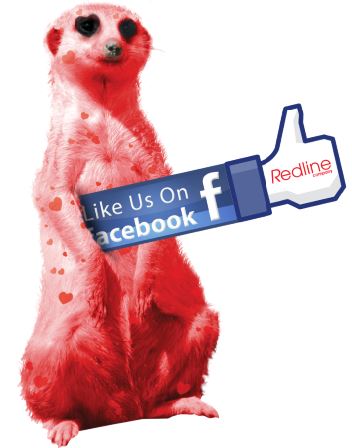Everyone wants to be liked but the saying “you can’t buy friends” applies equally to your personal life and social media. In both instances, you’ll find that dubiously acquired ‘likes’ have very little real value. However, as it’s one of the most hotly debated issues in online marketing we’ve laid out the case for and against, so you can make up your own mind.
Why you need ‘likes’
If you’ve just started a Facebook or Twitter page your first concern will be to increase followers and likes, either by fair means or foul. But why do you need those likes?
• Credibility: It may sound obvious but the more followers you have, the more people see your posts and the more credible you appear. If people see that you are of interest to other followers, they will want to follow you too.
• More likes increase your opportunities for interaction: When a user likes your Facebook account, your posts will be seen in their feeds creating a snowball effect. You’ll be seen by an ever increasing number of users, which can result in a lot more sales. By offering incentives to share, your posts will expand your reach even further. Again the more people you reach, the bigger your potential market and the further you can spread your message.
Pros and cons of buying bulk ‘likes’
What would you say if you were offered the chance to generate thousands of likes for very little cost? Apart from Facebook’s disapproval, the practice is extremely controversial and it is only meant to give an initiation advantage.
How buying likes can help your Facebook account
Advocates of the practice suggest that buying likes in bulk can give you an immediate presence, an instant audience and potential for brand growth.
• Perceived success: you can buy between 100 to literally 1000s of likes that can give your account instant gravitas and increases your credibility.
• Build a community: the likes you have, the more users will be interested in your account and will help grow your community. It is suggested that you can expect a forty per cent increase in organic likes.*
• Increase sales: By installing Facebook widget or counter on your website you will increase sales.**
How buying likes can harm your business
It may seem like an easy way to get ahead but in reality it could do more harm than good. Unfortunately if you go down this route the likes are often generated by inactive or fake accounts, by people who were duped and aren’t remotely interested in interacting.
Cheap software designed to trick users into liking your account by clicking a link or generating new users who automatically like your page are two of the most common ways. There are many scams and a number of third world ‘click farms’ where low paid workers indiscriminately click on pages.
• Lose visibility: Facebook’s algorithm determines the value of your posts by how often your friends interact. If everyone who previously liked your page continues to engage, Facebook will boost your page. However, if you bought 1000s of likes which don’t engage, you will be downgraded.
• Your likes won’t grow: Fake and duped users will not share your posts and won’t be interested in your account.
• Lose credibility: You will alienate genuine followers who feel that you care more about the numbers than the community.
• Funding dubious behaviour: Likes are generated via fake accounts, users tricked into liking your account and click farms. Although not illegal, it’s not good practice.
Regardless of whether you buy your likes or build them up, the only way to sustain and increase followers, likes and the desired level of interaction is to post regularly, providing innovative content such as competitions, videos and links to interesting and amusing content that people will want to share. The key is to be creative, consistent and of course it always helps to make people laugh.
* Organic reach is the total number of unique people who were shown your post through unpaid distribution. Paid reach is the total number of unique people who were shown your post as a result of ads. (Facebook)
** A Facebook widget will allow you to add plugins such as ‘like’ buttons and activity feeds on to your website.






